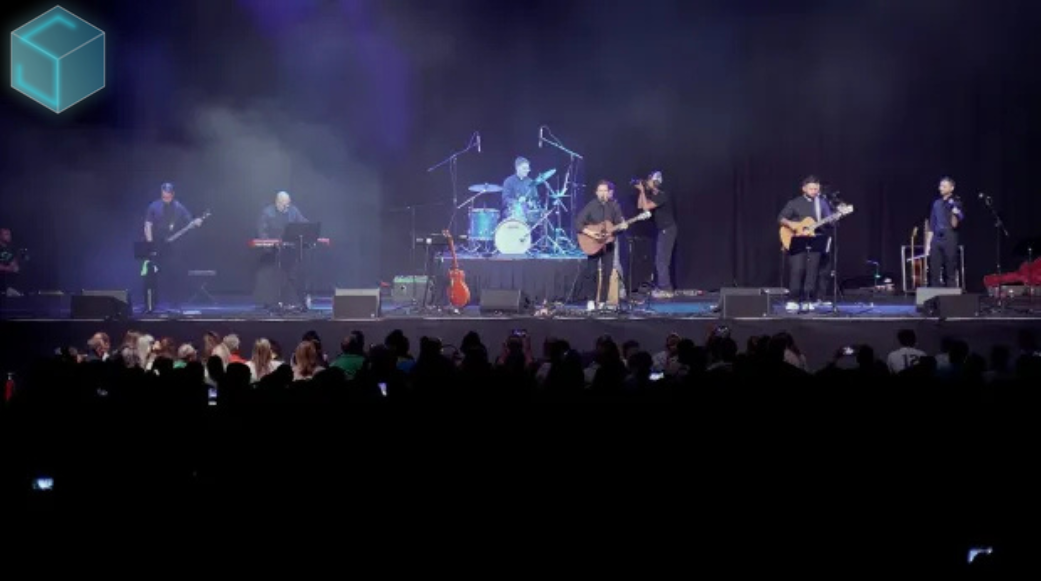
August 20, 2025
Imagine six Catholic priests performing at a sold-out Houston show instead of a well-known pop star. Their band's performance combined messages of prayer, celibacy, and faith with elements of rock...
Read more.png)
August 20, 2025
Nostalgia, Mother Mother’s latest album, is one of those rare creations. It invites us into a world where lightness isn’t escapism—it’s a form of resistance, a beacon of hope, and a path forward....
Read more
August 19, 2025
When Anna of the North released “Lovers” in 2017, it was already a dreamy synth-pop gem, filled with wistful vocals and lush production that captured the ache of young romance. But it wasn’t until...
Read more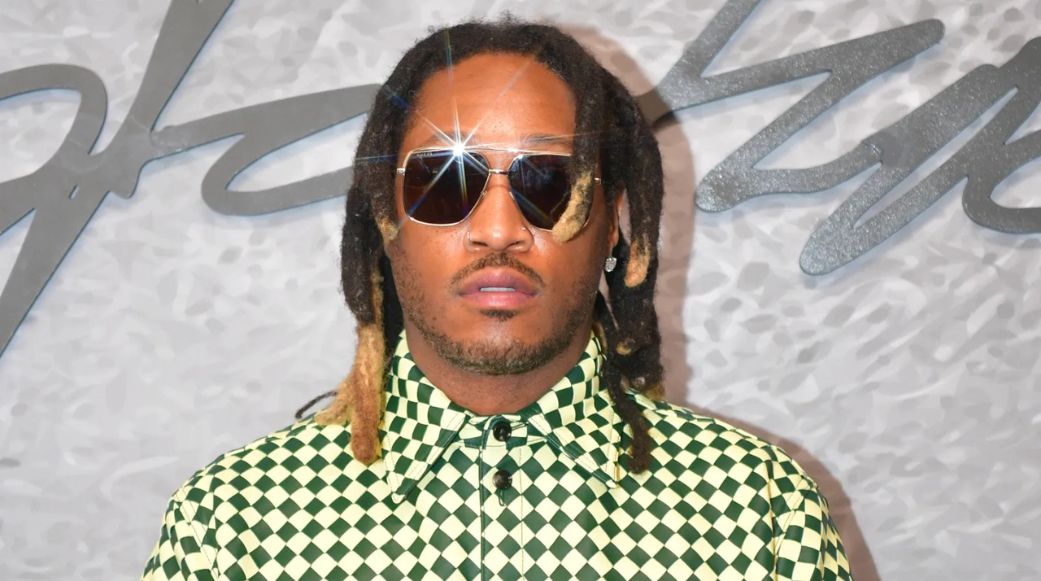
August 19, 2025
“Let Me Know” ft. Future started out as a moody, late-night playlist type of track, the kind you blast in your car pretending you’re in a music video while stuck in traffic. But now? It’s become...
Read more
August 19, 2025
“Your Idol” stands out in Kpop Demon Hunters not just as a catchy track, but as one of the most self-aware songs in the whole project. At first listen, it has all the hallmarks of a classic K-pop...
Read more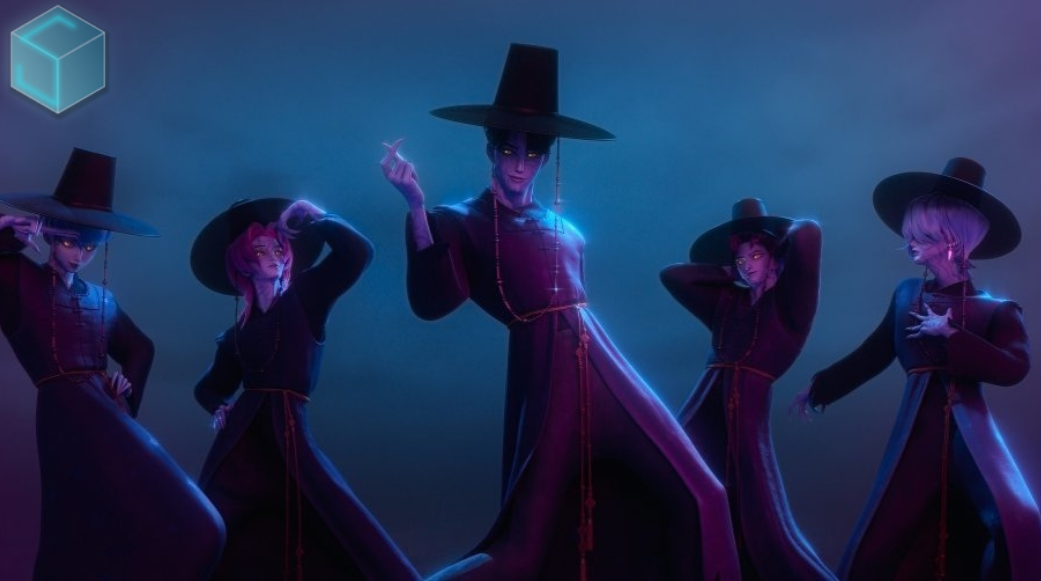
August 19, 2025
If you’ve scrolled TikTok, Insta, or literally any corner of the internet in the past few weeks, you’ve probably heard it: the fizzy, feel-good bop known as “Soda Pop” by the Saja Boys. Straight...
Read more
August 19, 2025
Skai Is Yourgod didn’t just drop a song, he dropped a cultural grenade. His track “Stacks From All Sides” has taken TikTok by storm, and the secret sauce? A cheeky little sample from Beetle on...
Read more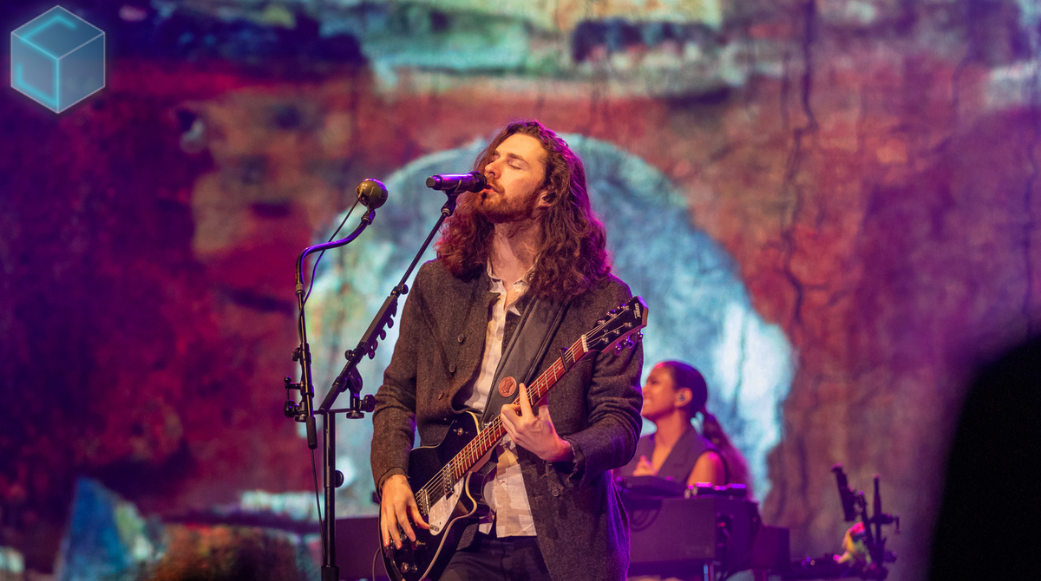
August 19, 2025
After 70 weeks at No. 1 with “Too Sweet,” Hozier’s reign on Billboard’s Hot Rock Songs chart comes to an end as newcomer Sombr takes over with...
Read more
August 19, 2025
Charli XCX brought her groundbreaking Brat era to a poignant close Friday night during an electrifying performance at South Korea's One Universe Festival. The pop innovator marked the final...
Read more
August 19, 2025
Taylor Swift’s appearance on Travis and Jason Kelce’s New Heights podcast drew 1.3M live viewers, breaking YouTube records and sparking buzz with details about her new album The Life of a...
Read more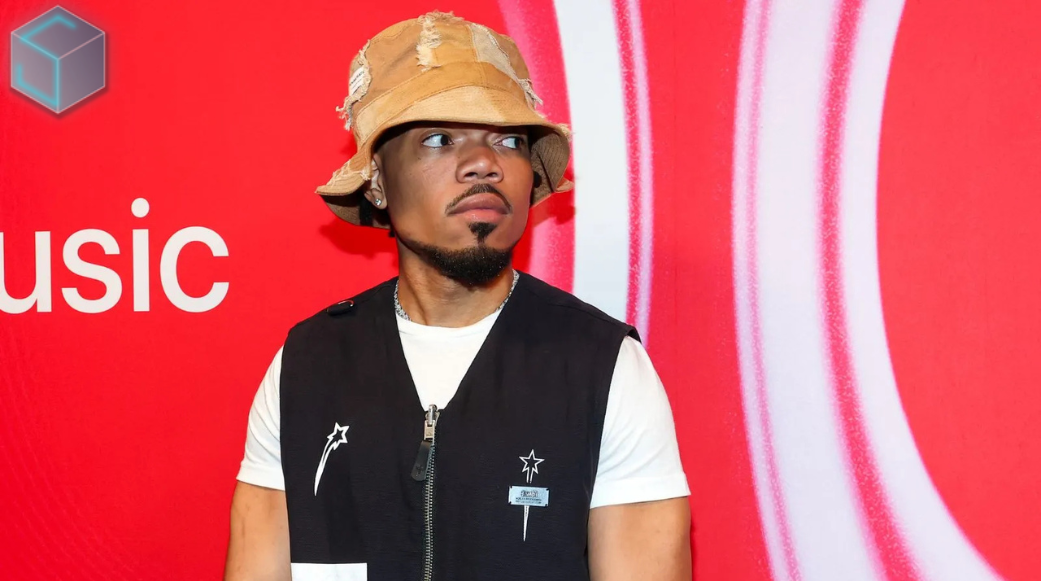
August 19, 2025
After a six-year silence, Chance the Rapper is officially back. On August 15, 2025, he will drop his sophomore album, Star Line, marking a new chapter filled with growth, travel, and creative...
Read more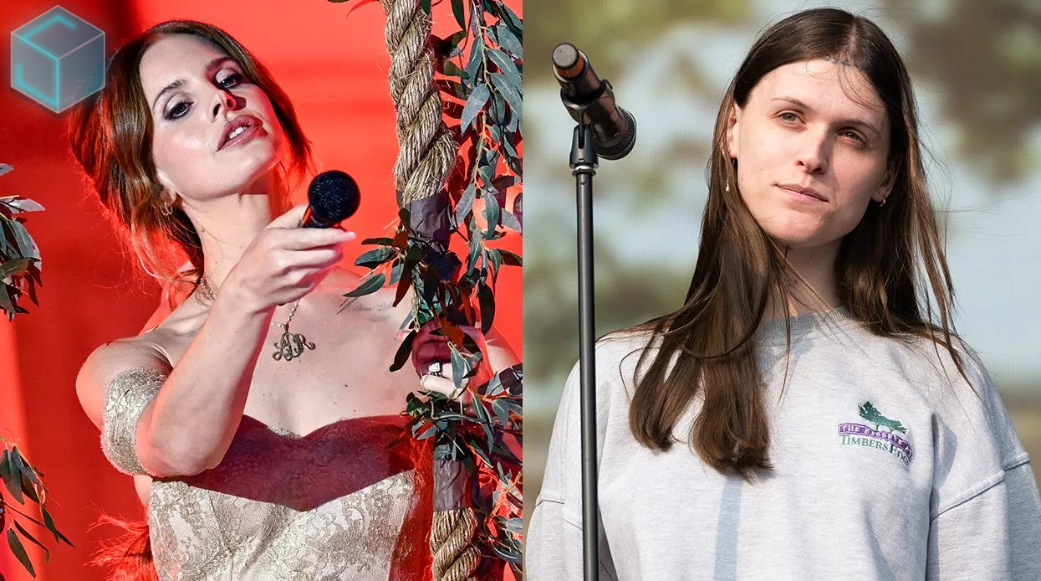
August 19, 2025
Lana Del Rey’s new song takes aim at Ethel Cain, referencing an alleged personal rift involving Instagram posts, a mutual ex, and behind-the-scenes remarks...
Read more
A recent report commissioned by the International Confederation of Societies of Authors and Composers (CISAC) has raised alarms within the music industry, predicting that the rise of generative artificial intelligence (AI) could lead to a 24% reduction in musicians' revenues by 2028. This decline, estimated at €22 billion over five years, is attributed to AI-generated content increasingly replacing original works, posing significant challenges to the livelihoods of music sector workers.
The CISAC report highlights the rapid advancement of AI technologies capable of producing music that mimics human composition. While these innovations offer new creative possibilities, they also threaten traditional revenue streams for musicians and composers. The ease with which AI can generate music has led to concerns about the unauthorized use of artists' work, prompting legal actions against AI startups like Suno and Udio for allegedly infringing on copyrighted material.
The projected €22 billion loss underscores the potential economic impact on the music industry. As AI-generated content becomes more prevalent, the demand for original compositions may decline, leading to reduced income for creators. This shift not only affects individual artists but also has broader implications for the industry's economic health, potentially resulting in job losses across various sectors, including production, distribution, and live performance.
In response to these challenges, industry leaders like Björn Ulvaeus, co-founder of ABBA and president of CISAC, are advocating for regulations to protect creators' rights and ensure fair compensation. Ulvaeus emphasizes the necessity of establishing guidelines that address the ethical use of AI in music creation, aiming to balance technological innovation with the preservation of artists' livelihoods.
The music industry stands at a crossroads, facing the dual challenge of embracing technological advancements while safeguarding the economic well-being of its workers. Proactive measures, including regulatory frameworks and industry-wide collaborations, are essential to mitigate the potential negative impacts of AI on employment and revenue. By addressing these issues head-on, the industry can strive to create an environment where technology enhances rather than diminishes the value of human creativity.